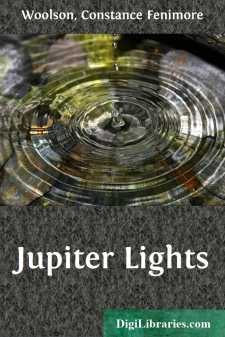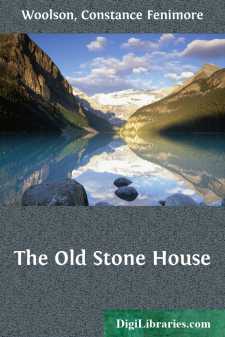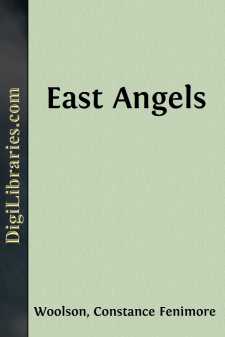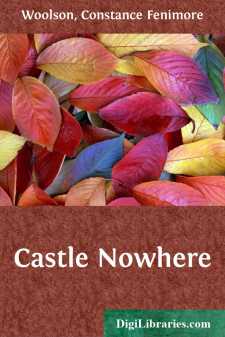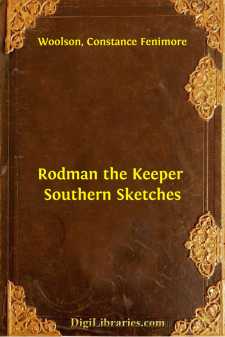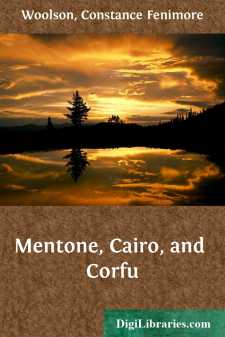Categories
- Antiques & Collectibles 13
- Architecture 36
- Art 48
- Bibles 22
- Biography & Autobiography 813
- Body, Mind & Spirit 142
- Business & Economics 28
- Children's Books 17
- Children's Fiction 14
- Computers 4
- Cooking 94
- Crafts & Hobbies 4
- Drama 346
- Education 46
- Family & Relationships 57
- Fiction 11829
- Games 19
- Gardening 17
- Health & Fitness 34
- History 1377
- House & Home 1
- Humor 147
- Juvenile Fiction 1873
- Juvenile Nonfiction 202
- Language Arts & Disciplines 88
- Law 16
- Literary Collections 686
- Literary Criticism 179
- Mathematics 13
- Medical 41
- Music 40
- Nature 179
- Non-Classifiable 1768
- Performing Arts 7
- Periodicals 1453
- Philosophy 64
- Photography 2
- Poetry 896
- Political Science 203
- Psychology 42
- Reference 154
- Religion 513
- Science 126
- Self-Help 84
- Social Science 81
- Sports & Recreation 34
- Study Aids 3
- Technology & Engineering 59
- Transportation 23
- Travel 463
- True Crime 29
Jupiter Lights
Description:
Excerpt
I.
"I extraordinary navigation, certainly," said Miss Bruce.
"Oh, mem, if you please, isn't it better than the hother?" answered Meadows, respectfully.
Meadows was Miss Bruce's maid; one could have told that she was English (even if one had not heard her speak) from her fresh, rosy complexion, her smooth hair put plainly and primly back from her forehead, her stiff-backed figure with its elbows out, and her large, thick-soled boots.
"I don't mind being 'umped-up on the bank, miss, if you please," she went on in her sweet voice, dropping her h's (and adding them, too) in unexpected places. "It's those great waves we 'ad last week, mem, if you please, that seemed so horful."
"I am sorry you will have to see them again so soon," Miss Bruce answered, kindly.
For Meadows was to return to England immediately; she was accompanying the American lady for the journey only. Miss Bruce was not rich; in her own land she did not intend to give herself the luxury of a lady's-maid—an indulgence more unusual in the great Republic (at least the northern half of it) than fine clothes, finer houses, or the finest diamonds.
The little steamboat which carried these travellers was aground in a green plain, a grassy, reedy prairie, which extended unbroken as far as the eye could reach on all sides save one; here there was, at some distance, a bank or shore of dark land, dark in comparison with the green. Beyond this shore—and one could easily see over it—stretched the sea, "the real sea," as Miss Bruce called it, "and not all this grass!" It was this remark of hers which had drawn out the protest of poor Meadows.
Miss Bruce had crossed from England to New York; she had then journeyed southward, also by sea, to Savannah, and from that leafy town, as fair as is its name, she had continued her voyage in this little boat, the Altamaha, by what was called the Inland Route, a queer, amusing passage, winding in and out among the sounds and bays, the lagoons and marsh channels of the coast, the ocean almost always in sight on the left side, visible over the low islands which constantly succeeded each other, and which formed the barrier that kept out the "real sea," that ravaging, ramping, rolling, disturbing surface upon whose terrific inequalities the Inland Route relied for its own patronage. There were no inequalities here, certainly, unless one counted as such the sensation which Meadows had described as "being 'umped up." The channel was very narrow, and as it wound with apparent aimlessness hither and thither in the salt-marsh, it made every now and then such a short turn, doubling upon itself, that the steamer, small as she was, could only pass it by running ashore, and then allowing her bows to be hauled round ignominiously by the crew in a row-boat; while thus ashore, one side half out of water, her passengers, sitting on that side, had the sensation which the English girl had pictured. At present the Altamaha had not run herself aground purposely, but by accident; the crew did not descend to the row-boat this time, but, coming up on deck, armed with long poles, whose ends they inserted in the near bank with an air of being accustomed to it, they shoved the little craft into deep water with a series of pushes which kept time to their chorus of
"Ger-long! Ger-long! Mo-ses!"
"I don't see how we are to get on here at all at night," said Miss Bruce.
But before night the marsh ended as suddenly as it had begun, and the Altamaha was gliding onward again between banks equally low and near, but made of solid earth, not reeds. The sun sank in the west, the gorgeous colors of the American sunset flamed in the sky. The returning American welcomed them. She was not happy; she was as far as possible from being what is called amiable; but for the moment she admired, forgetting her own griefs. Then the after-glow faded; Meadows brought a shawl from their tiny cabin and folded it round her mistress; it was the 23d of December, and the evening air was cool, but not cold....


